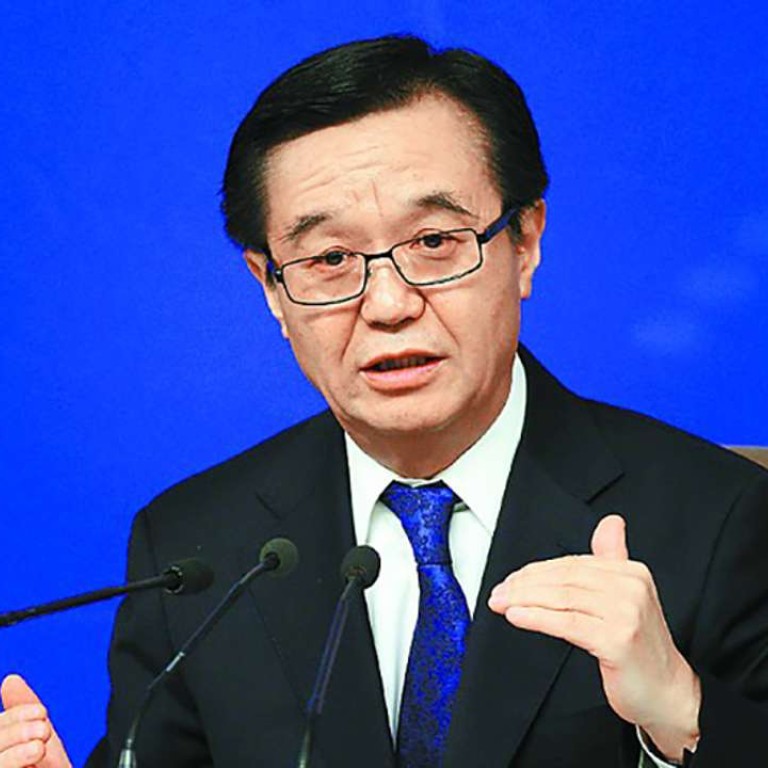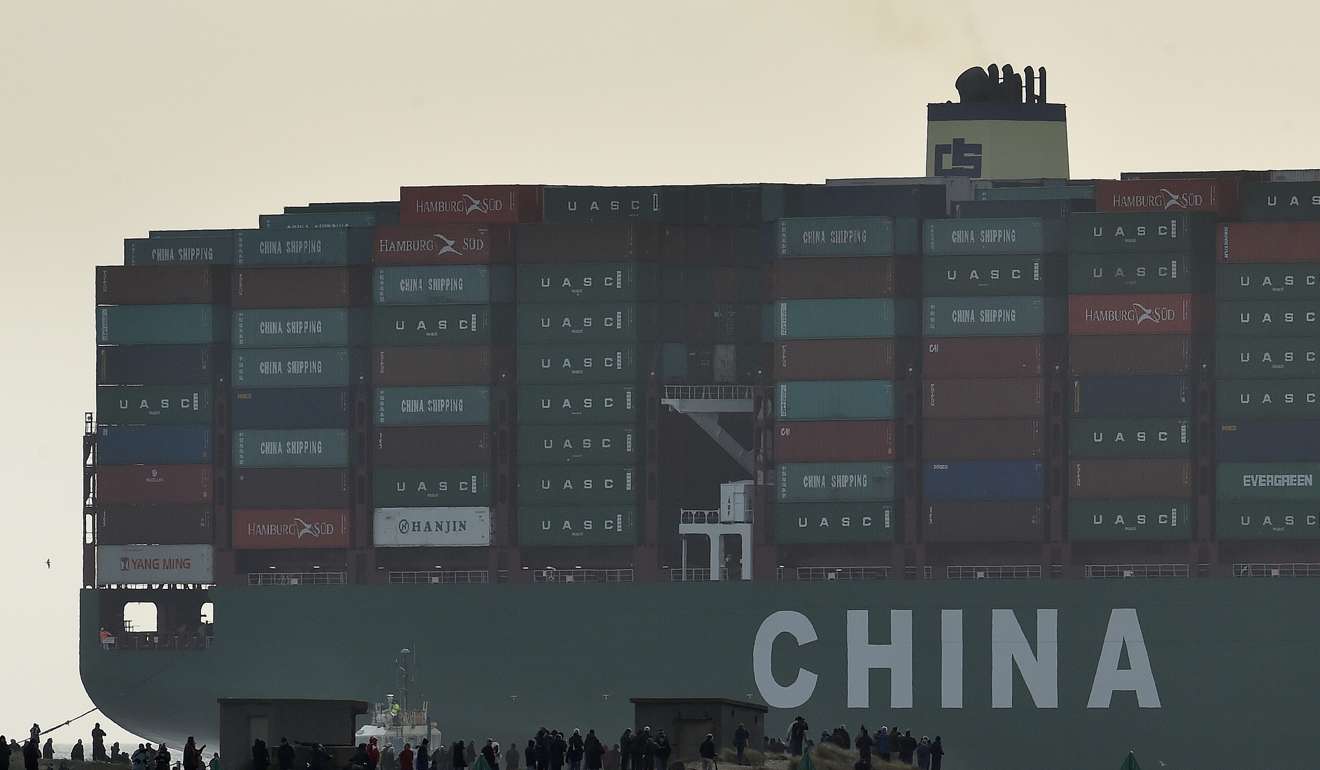
Trade friction with US can be ‘resolved amicably, says Li Keqiang
Amid possible trade war, China reminds Trump of commerce history stretching back to 1784
Disputes with the Trump administration can be settled amicably and a “trade war would benefit nobody”, Premier Li Keqiang said on Wednesday.
Despite Trump’s promises to raise duties on Chinese goods, Li said Beijing has a “stable, optimistic outlook” on trade with the United States.
Li took the unusual step of making an impromptu statement to reporters during an appearance with his French counterpart, Bernard Cazeneuve.
“Let the figures do the talking,” the premier said, citing American jobs supported by Sino-UStrade.
“We have faith that, with mutual respect and on the model of cooperation through equality, issues of trade friction can be resolved amicably,” Li said.
Commerce minister Gao Hucheng said a trade war would disrupt a “win-win” relationship stretching back to 1784, when a US ship first sailed into China’s waters to carry out exchanges of goods.
Gao’s comments come at a time of increased trade frictions between the world’s two biggest economies. US President Donald Trump has blamed China for maintaining an unfair trade advantage, and during his campaign threatened to levy a 45 per cent tariff on Chinese products.
He has appointed Peter Navarro, a critic of China, as chief trade adviser, and Wilbur Ross, who branded China the “most protectionist” major economy, as commerce secretary. But Trump has yet to follow through on his promise to slap punitive measures targeting China.
“We think a trade war should not be an option [for the two countries],” Gao told a press conference in Beijing on Tuesday. “With rapid growing bilateral economic and trade cooperation, both sides should keep talking to handle confrontation and conflict via dialogues and cooperation.”
But China “won’t hide or shy away from possible problems and conflicts in such massive cooperation in Sino-US trade and economies”, he said.

US Treasury Secretary Steven Mnuchin highlighted the need for strong but balanced economic ties between the two countries via phone calls with top economic officials in Beijing on Friday.
The risks of a possible trade war between the superpowers cast great concern on the outlook for a bilateral relationship which has already seen rising confrontation in recent years, ranging from trade to South China Sea disputes.
China described the bilateral trade ties as a “ballast stone” and “propeller” for broad Sino-US ties. President Xi Jinping said at the World Economic Forum in Davos in January that there would be no winner in a trade war.
But one month after stepping into the Oval Office, Trump and his administration have not rolled out a clear economic package, including economic and trade policies regarding China.
Gao said history showed that Sino-US ties had always moved forward despite “wind or rain”.
“Sino-US trade can be traced back to the 18th century when the [ship] Empress of China arrived in China, trading Chinese tea leaves, chinaware and silk with US ginseng, fur and cotton,” Gao said.
According to a statement on the website of the US consulate in Guangzhou, the ship was the first American to sail from the newly independent United States to China, arriving at Canton, now Guangzhou, in August 1784. The ship returned to New York in May 1785, making about 25 per cent profit on a round-trip voyage of 14 months and 24 days.
Gao then skipped ahead about two hundred years. “In 1979 when China and the US established diplomatic relations, the bilateral trade turnover was merely US$ 2.5 billion, but 38 years later, the bilateral trade turnover had grown to US$519.6 billion in 2016.”
Gao said the economies of China and the US were “deeply integrated”, pointing to the number of flights and tourists that travel between the two sides, and the size of investment. US exports to China had created 910,000 American jobs in 2015, he said.
“No matter how America’s China policy changes, Sino-US economic and trade ties will ultimately return to the track of mutual benefits and a win-win basis.”
The minister, however, avoided taking aim at Trump directly.
When asked about Trump’s criticisms against China, Gao said he did not want to “comment too much” on campaign rhetoric. Instead, China was paying attention to the “attitude” of the new administration towards China trade, Gao said.

